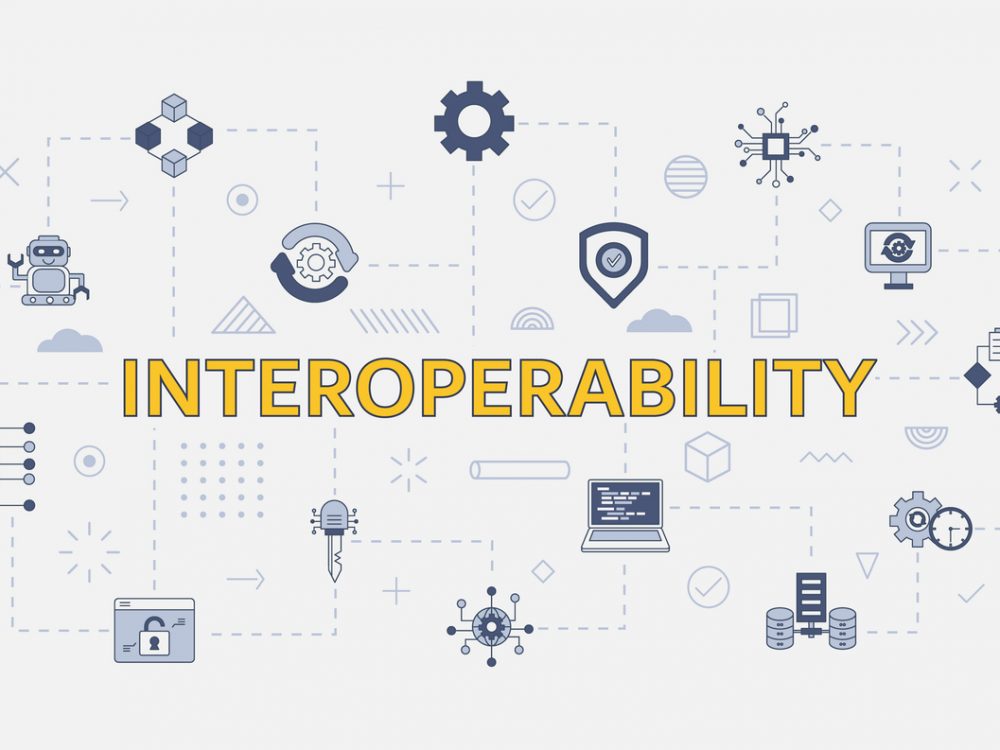Early Grade Education Activity Program
Led by our strategic partner IREX, DG is supporting Jordan’s efforts to strengthen inclusive early grade education for students in kindergarten to grade three over a five year period through the ASAS program. Through ASAS, DG’s globally-based team will supply technical expertise and in-country assistance to enhance data usage and interoperability related to pre-service teacher education programs, continual professional development, institutional capacity, and quality assurance.
Through the USAID-funded, IREX-led Early Grades Education Activity (ASAS) program, DG will work to strengthen Jordan’s early grade (EG) education data ecosystem and promote a brighter future for public school students and teachers across the Hashemite Kingdom of Jordan. DG will work through the ASAS program to facilitate improved access to timely, relevant, and high quality data in order to inform strategic and meaningful education policies, practices, and reforms. The ASAS program was launched in November 2023 and will run through April 2028.
To sufficiently meet the diverse needs of students, teachers, and supervisors, comprehensive and accurate data must be accessible and utilized consistently across both national and local levels. However, data-related challenges impede the systematic collection, analysis, sharing, and interpretation of data. Current challenges that Jordan is working to overcome include fragmentation in data infrastructure and the overall education data systems as well as outdated digital tools. These challenges have hindered the holistic evaluation and analysis that can drive informed decision-making. DG’s extensive technical and advisory experience make us well-equipped to address these country-specific challenges and empower Jordanian actors to support educators, students, and policymakers alike.
During the initial stages of the ASAS program, DG worked closely with the Jordanian Ministry of Education (MoE) and civil society organizations to complete a data landscape assessment related to the early grades and teacher training in higher education. This assessment was done in order to establish a comprehensive roadmap of stakeholder needs and priorities as well as to identify any existing data gaps and silos.
After priorities are established, DG will support the project on the following activities:
- Institutionalize early grade data quality assurance processes;
- Expand diagnostic assessment tools to cover more areas of childhood development;
- Enhance quality of instruction and learning assessments;
- Analyze the cost effectiveness to high “return on investment” reforms; and
- Boost MoE data systems and learning capabilities.
Share
Related Posts

Interoperability as a Cornerstone of Resilient Digital Systems
As digital systems continue to multiply, siloed platforms limit long-term impact. This blog reflects on why interoperability is essential to building resilient, sustainable digital systems that remain useful beyond individual programs.

Why Africa Will Define the Next Decade of Digital Public Infrastructure
As the global conversation shifts from frameworks to delivery, this blog reflects on why Africa will define the next decade of Digital Public Infrastructure (DPI), drawing on insights from the Global DPI Summit and years of on-the-ground experience.

Building Useful & Usable AI: A New Tool to Curb Procurement Corruption
DG, together with Accountability Lab, have launched a new AI-powered contract summary and analysis tool through the HackCorruption program, designed to help journalists, civil society, and the private sector detect red flags in procurement processes.